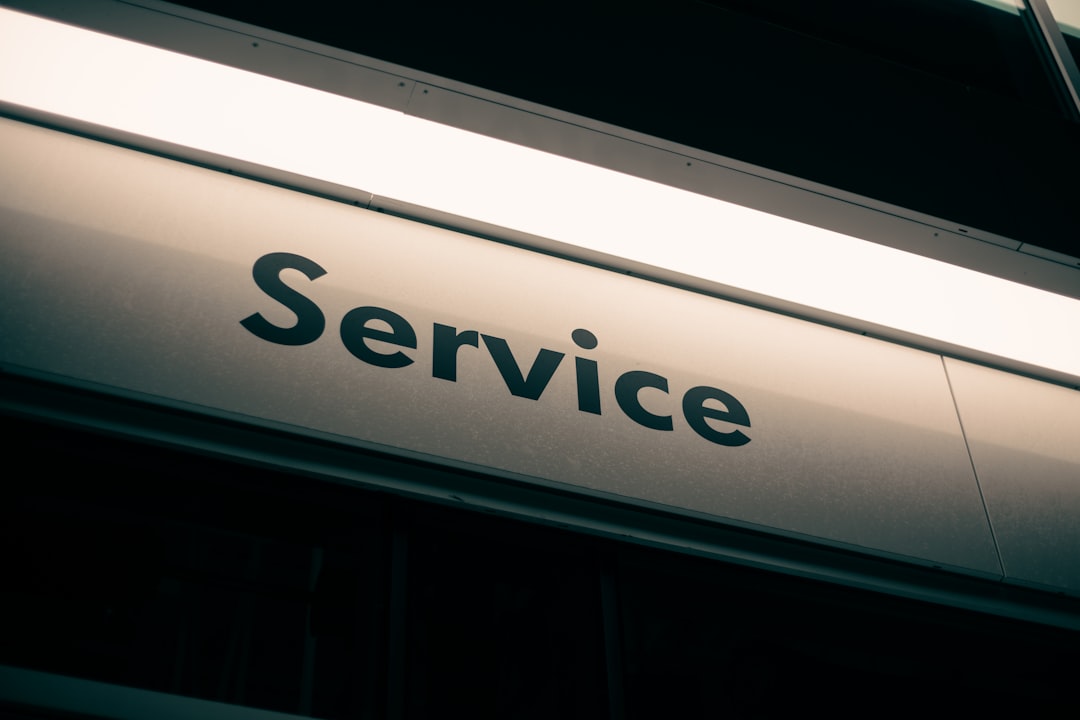6 Lessons Learned:

Mathematical literacy is a necessary skill that permits individuals to understand and use mathematical concepts in daily life. read more about in this website. It incorporates the capability to factor, problem-solve, and connect successfully using mathematics. Learn more about in this homepage. Among one of the most reliable approaches to enhance mathematical literacy is the use of aesthetic aids. View more about in this page. These devices not only make complicated ideas a lot more obtainable however additionally involve learners in such a way that cultivates much deeper understanding and retention of details. Check here for more info.
Visual help been available in various forms, consisting of charts, graphs, layouts, and manipulatives. Discover more about in this link. Each kind offers a distinct objective in the learning process. Check it out! in this site. For example, charts can highlight partnerships in between numbers, while layouts can damage down multi-step issues into convenient components. Read here for more info. Manipulatives, such as blocks or counting grains, supply a responsive experience that assists trainees imagine mathematical concepts in a concrete way. Click here for more updates. This sensory engagement can considerably boost comprehension, specifically for aesthetic students who might have problem with abstract depictions of mathematical concepts.
Furthermore, the incorporation of visual aids in teaching can additionally promote higher-level reasoning abilities.View here for more details. When pupils are encouraged to produce their very own graphes of issues, they take part in vital reasoning and evaluation. Click for more info. This procedure not just strengthens their understanding of mathematical ideas yet likewise educates them to share their reasoning aesthetically, a skill that is progressively valued in various fields. Read more about in this website. For instance, pupils may create flowcharts to outline problem-solving steps or make use of pie graphes to represent data distributions, therefore enhancing their capacity to manufacture and communicate mathematical details successfully. Learn more about in this homepage.
The influence of aesthetic aids on mathematical proficiency prolongs past the classroom. View more about in this page. As trainees come to be more comfortable with graphes of mathematical ideas, they are much better equipped to use these abilities in real-world situations. Check here for more info. From analyzing data in news articles to making monetary decisions, the capability to examine and utilize mathematical info visually is crucial. Discover more about in this link. In an age where information is common, fostering mathematical literacy through visual help not just boosts academic success but likewise prepares trainees for future difficulties in their personal and specialist lives. Check it out! in this site.
In conclusion, aesthetic aids play an essential duty in improving mathematical proficiency by making abstract concepts substantial and appealing. Discover more about in this link.Via the efficient use of charts, layouts, and manipulatives, teachers can grow a deeper understanding of mathematics among their trainees. Check it out! in this site. As learners create their capacity to stand for and communicate mathematical concepts aesthetically, they are not only boosting their academic efficiency yet also furnishing themselves with necessary abilities that will be very useful throughout their lives. Read here for more info.Accepting aesthetic aids in mathematics can ultimately cause a generation of skillful, confident, and capable trouble solvers. View here for more details.
